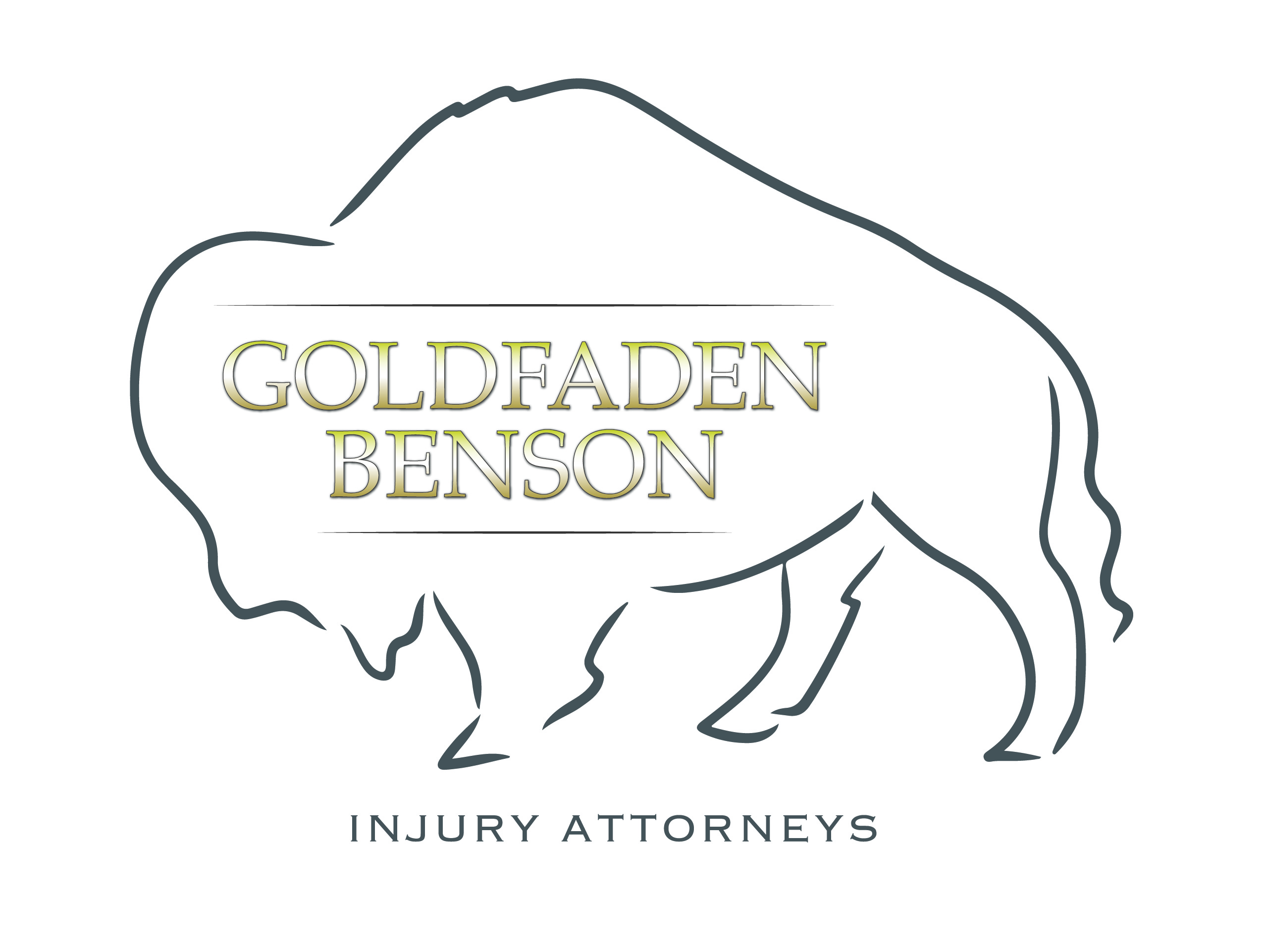Understanding Defamation in Personal Injury Law
When you think of personal injury law, you might imagine car accidents or slips and falls. However, there are less obvious causes of action that are equally important—in particular, defamation. This post will explain what constitutes defamation and what a plaintiff needs to prove in order to prevail in such a case.
What is Defamation?
Defamation involves harming someone’s reputation through false statements. It typically falls into two categories: slander (spoken defamation) and libel (written defamation). Imagine a situation where a person spreads false rumors about a colleague, leading to that colleague suffering emotional distress and loss of business opportunities. In legal terms, this could constitute defamation.
What Must Be Proven in a Defamation Case?
In California, to win a defamation lawsuit, a plaintiff generally needs to establish the following elements:
1. **Publication**: The statement must have been made to at least one person other than the plaintiff. Essentially, it needs to be shared with someone else.
2. **Falsity**: The statement must be false. Truth is a solid defense against defamation.
3. **Defamatory Nature**: The statement must harm the plaintiff’s reputation. This can be proven if it lowers the plaintiff in the eyes of the community or deters others from associating with them.
4. **Fault**: For private figures, the plaintiff must show that the defendant was negligent in publishing the statement. For public figures, the standard is higher—the plaintiff must prove that the statement was made with “actual malice,” meaning the defendant knew the statement was false or acted with reckless disregard for its truth.
5. **Damages**: The plaintiff needs to demonstrate that the defamatory statement resulted in actual harm, whether through lost income, emotional distress, or other negative impacts.
Real-Life Implications
Let’s say an employee named Sarah was unfairly accused by a coworker of stealing from their employer, and this assertion was spread within the workplace. As a result, Sarah faces disciplinary action and stigma, affecting her mental well-being and her job prospects. Here, Sarah could have grounds for a defamation claim, provided she can prove each of the five elements listed above.
Understanding the nuances of defamation can be crucial for those who suspect their reputations may be at stake. Given the complexities involved in personal injury claims and the importance of navigating them correctly, working with skilled legal professionals is highly advisable.
If you have questions about defamation or personal injury law in general, you’re welcome to reach out to us at Goldfaden Benson. Whether you need assistance evaluating a potential claim or want to learn more about your rights, our experienced legal team is here to help. Contact us today to discuss your situation.







